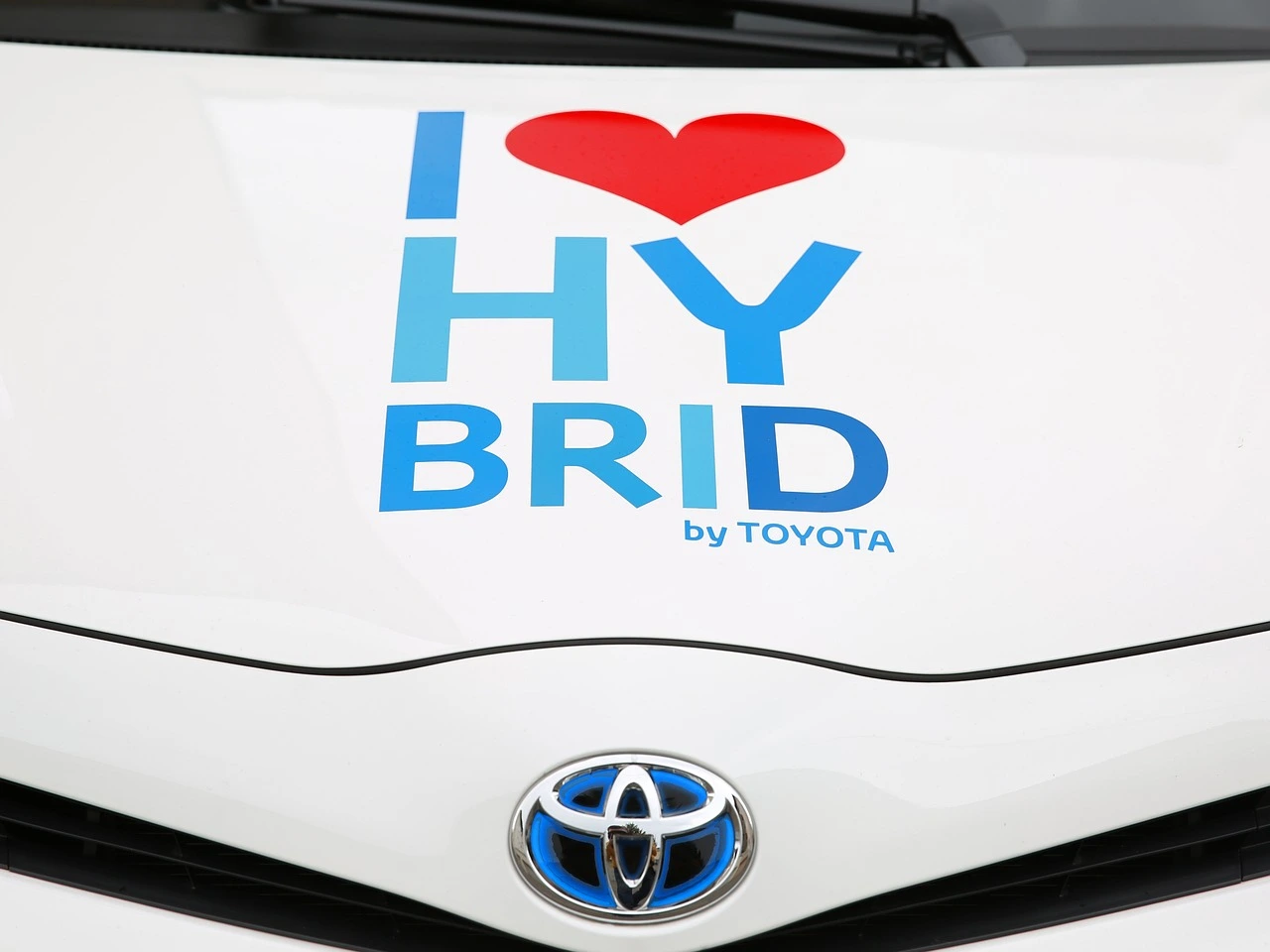
The automotive industry has clearly been moving away from traditional gasoline-powered vehicles and toward more environmentally friendly alternatives in recent years.
The popularity of hybrid and electric vehicles has increased significantly among consumers who care about the environment want to use less gasoline and have a smaller carbon imprint.
Here is a thorough guide for anyone thinking about switching to an electric or hybrid car (EV) to help you make an informed choice.
Understanding Hybrid and Electric Cars
Hybrid cars combine a battery, an electric motor, and an internal combustion engine. They can run on an electric motor, a gasoline engine, or a combination of both, based on the driving circumstances.
However, battery electric vehicles (BEVs), another name for electric automobiles, run exclusively on electric motors that are fuelled by rechargeable batteries.
Types of Electric Cars
- Hybrid Electric Vehicles (HEVs): HEVs run their vehicles using both electric and gasoline power. Their internal combustion engine and regenerative braking are how they charge their batteries, eliminating the need for an external plug.
- Plug-in Hybrid Electric Vehicles (PHEVs): PHEVs have greater electric-only driving ranges than conventional hybrids since they can be charged by connecting them into an external power source. They offer the option to drive exclusively on electricity for brief excursions and to transition to gasoline for more extensive travels.
- Battery Electric Vehicles (BEVs): BEVs require a plugged-in connection to charge their batteries because they run solely on energy. With their longest operating ranges and zero tailpipe emissions, they are the best option for short journeys and urban commuting among electric vehicles.
Benefits of Hybrid and Electric Cars
- Reduced Emissions: In the battle against climate change and air pollution, hybrid and electric cars produce fewer emissions than conventional gasoline-powered automobiles.
- Lower Operating Costs: Due to the fact that electricity is usually less expensive than gasoline and that electric motors require less maintenance than internal combustion engines, electric automobiles have lower fuel and maintenance costs.
- Tax Incentives and Rebates: To encourage the use of hybrid and electric vehicles and make them more affordable for consumers, several governments offer incentives like tax credits and rebates.
- Quiet and Smooth Driving: In comparison to traditional automobiles, running an electric motor produces quick torque, which facilitates smooth acceleration and a quieter ride.
Considerations When Choosing a Hybrid or Electric Car
- Driving Range: Consider your regular driving habits and select a car with a range that works for you. Considering the availability of charging infrastructure is essential because BEVs often have lower ranges than gasoline-powered cars.
- Charging Infrastructure: Consider whether charging stations are available where you live, especially if you’re thinking about getting an electric vehicle. Investigate public charging networks and solutions for at-home charging to guarantee easy access to charging stations.
- Cost: Although the initial expenditures of hybrid and electric automobiles may be higher than those of regular vehicles, consider the long-term fuel and maintenance savings. To determine whether your investment is overall cost-effective, account for prospective tax breaks and refunds.
- Performance: To assess the driving dynamics and performance of various electric and hybrid models, and test drive them. To guarantee a positive driving experience, take into account variables like handling, acceleration, and comfort of the ride.
To sum up, compared to standard gasoline-powered automobiles, hybrid and electric cars provide a more environmentally friendly and sustainable option.
Understanding the different kinds of hybrid and electric vehicles that are out there, taking into account aspects like charging infrastructure and driving range, and researching the top models available can help you make an informed choice that fits your beliefs and way of life.
Choosing electrified transportation is a big step towards a cleaner and more sustainable future, regardless of whether you drive a hybrid, plug-in hybrid, or battery-electric car.
